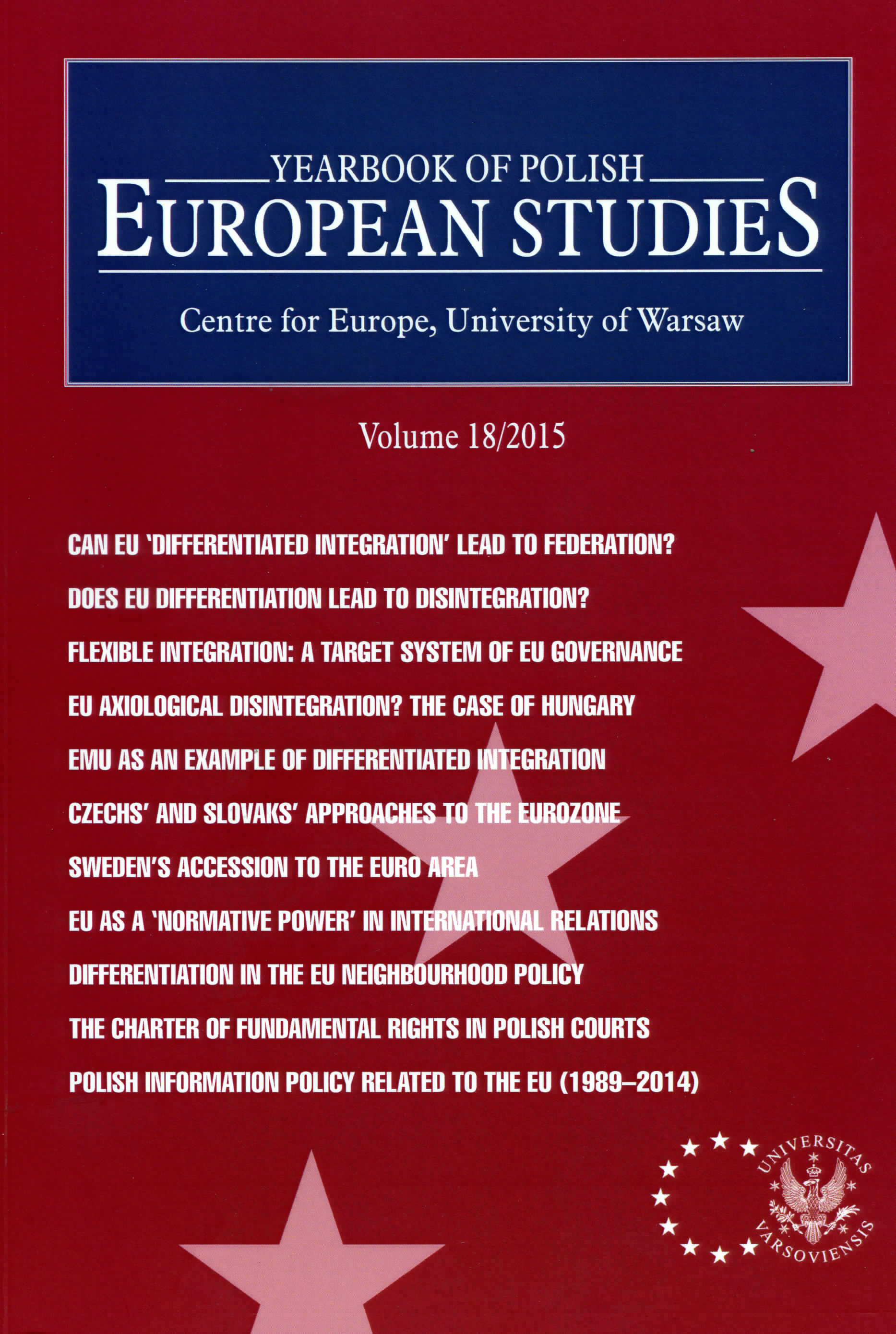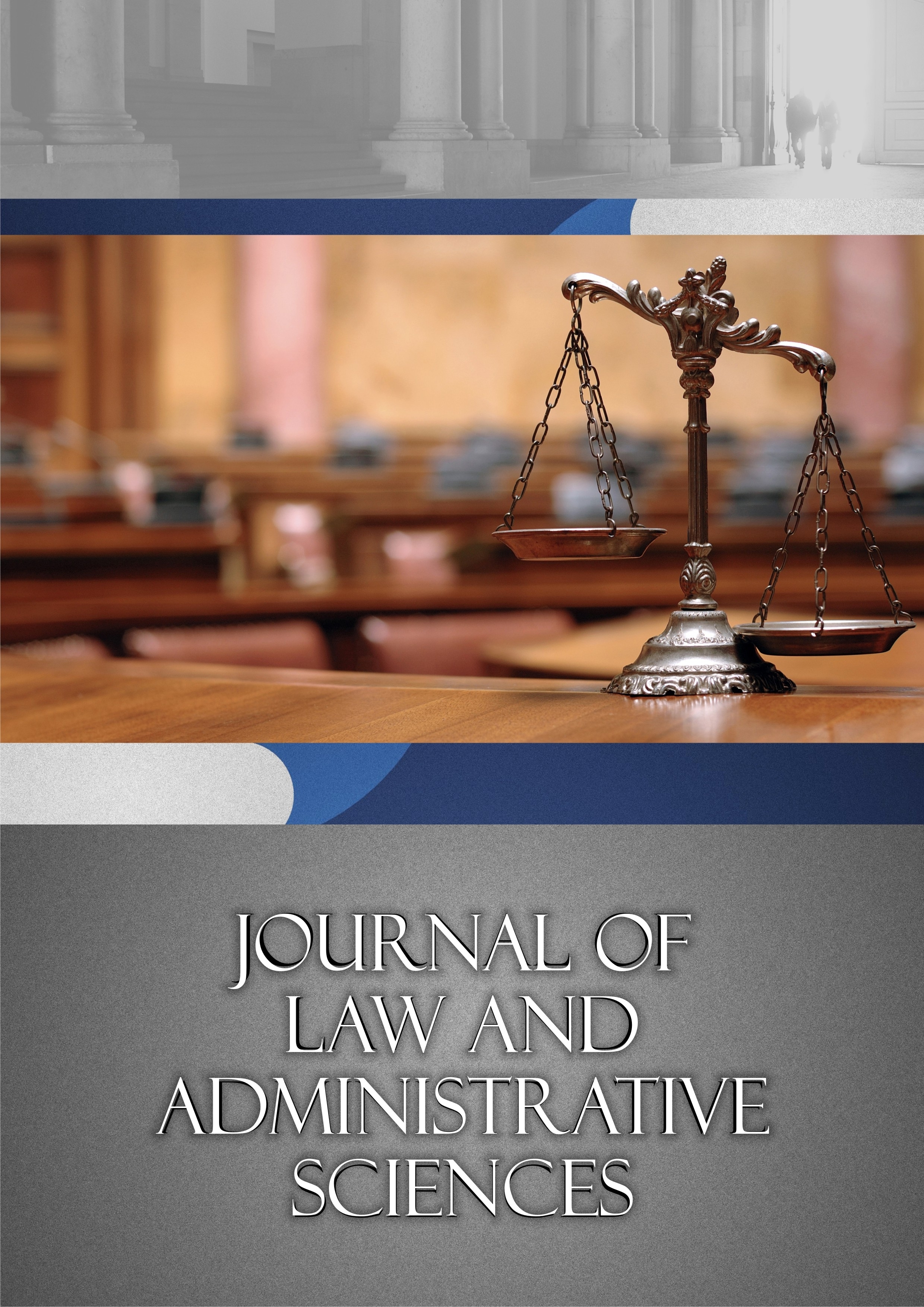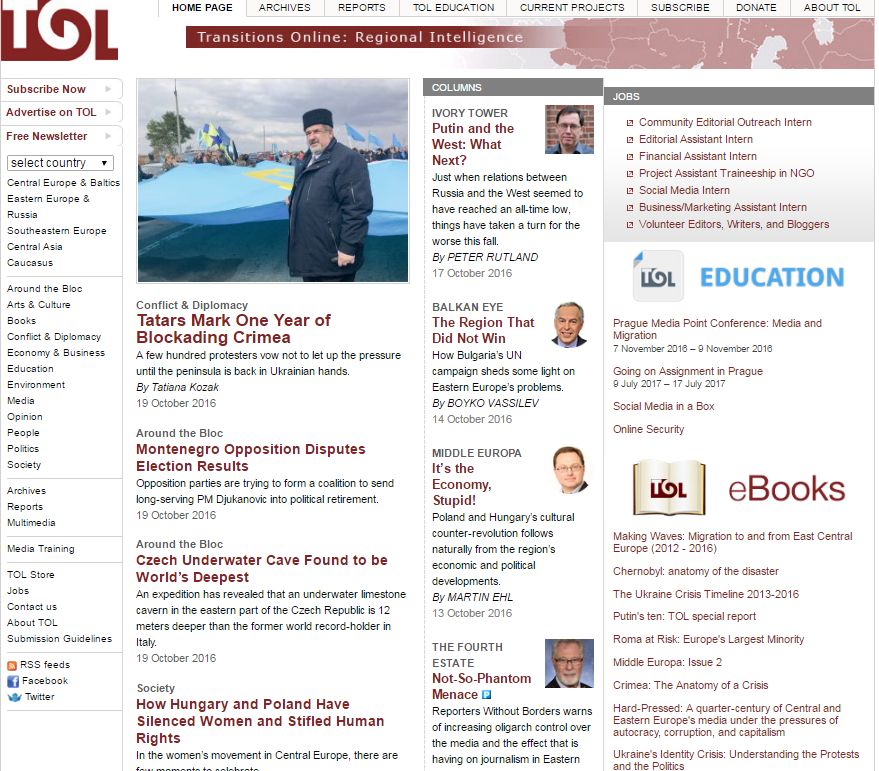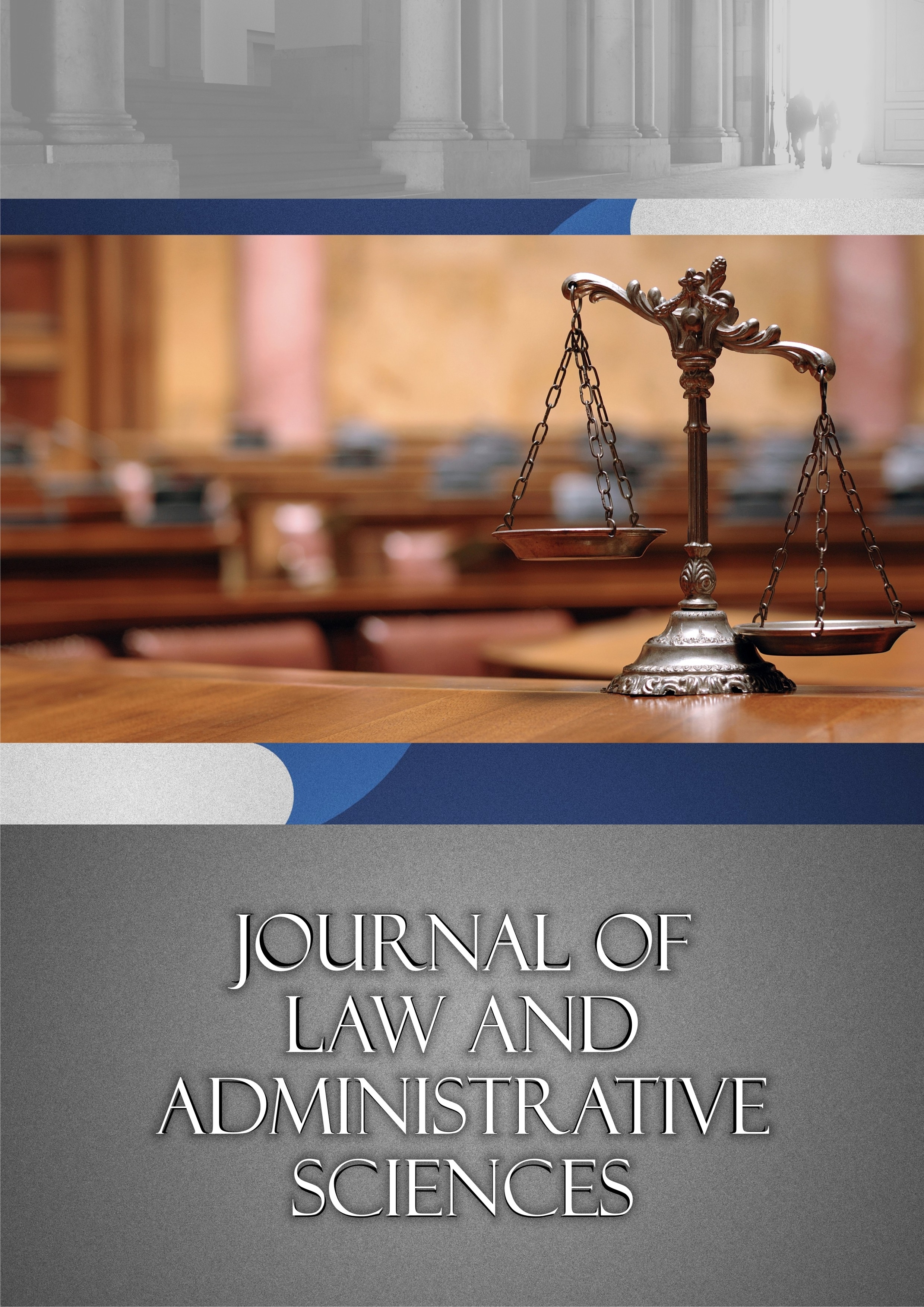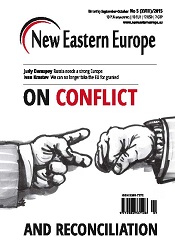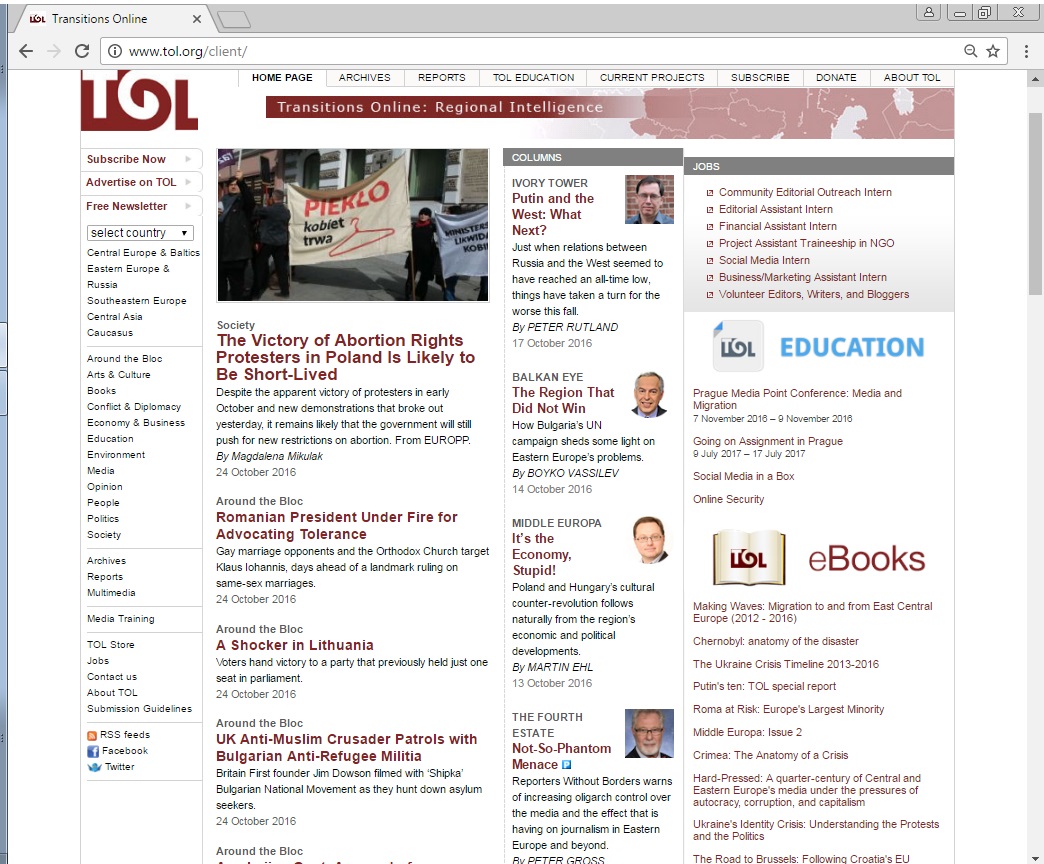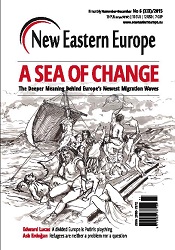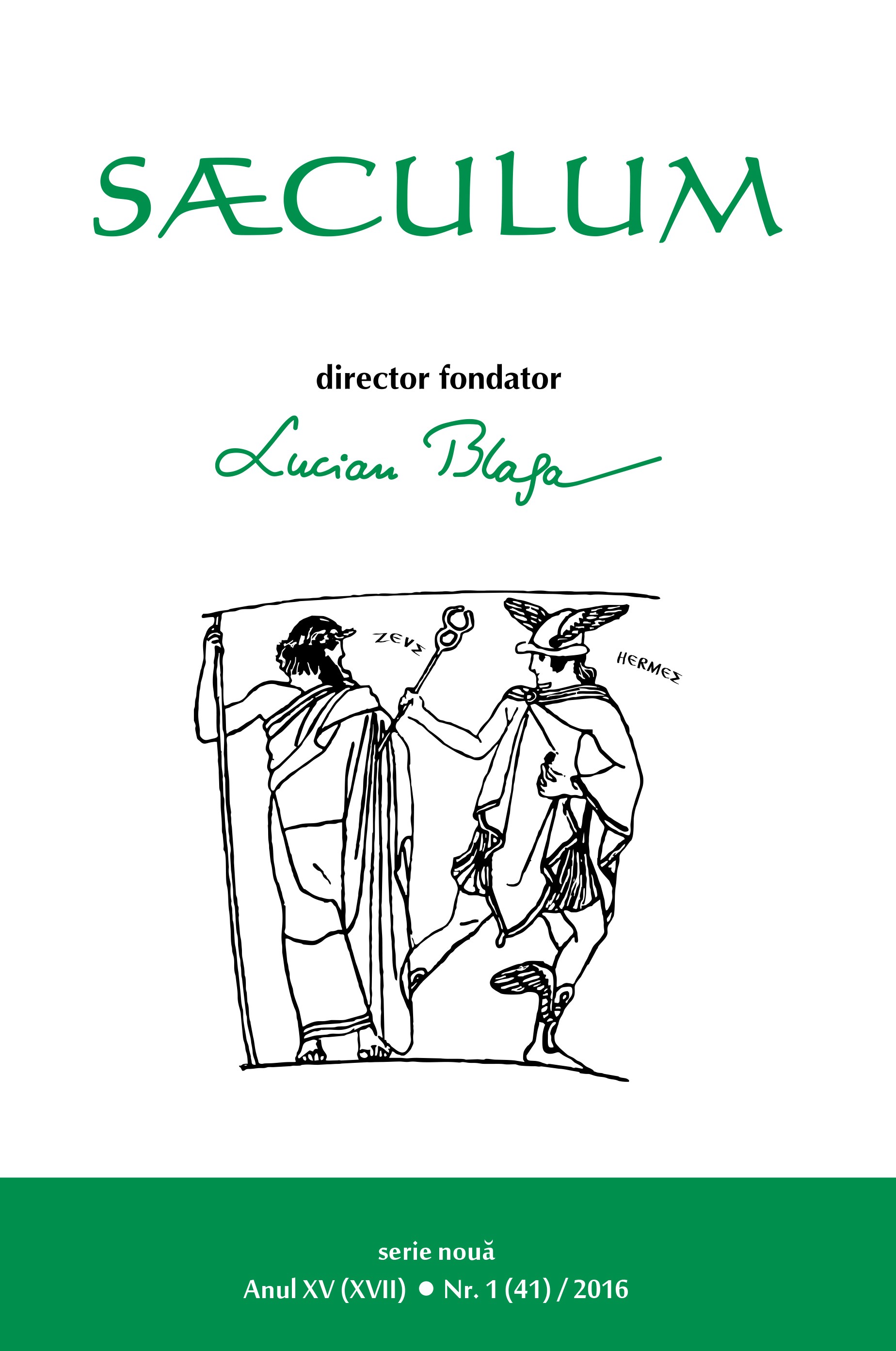
CREȘTINISM ȘI IDEAȚIE POLITICĂ ÎN PUBLICISTICA LUI DUMITRU STĂNILOAE (TELEGRAFUL ROMÂN 1940-1941)
The present study explores the political journalistic activity conducted by Rector Fr. Dumitru Stăniloae in the confessional journal from Sibiu Telegraful Român (Romanian Telegraph), between the years 1940-1941. Amid particularly tumultuous events, but also of maximum historical resonance occurring in Romania, the Transylvanian theologian builds a passionate journalistic discourse, which designs his own theo-political ideas for the Romanian nation and Orthodoxy. Vehemently protesting against the Communist ideology and Soviet Russia, torn spiritually because of the abusive territorial losses in those years, the Christian journalist Dumitru Stăniloae adheres, at first, the enticing “Christian totalitarianism” manifested by the Legionary Movement, and, then, becomes a fervent supporter of the expansionist policy of Nazi Germany and its ally, the much contested General Ion Antonescu.
More...
